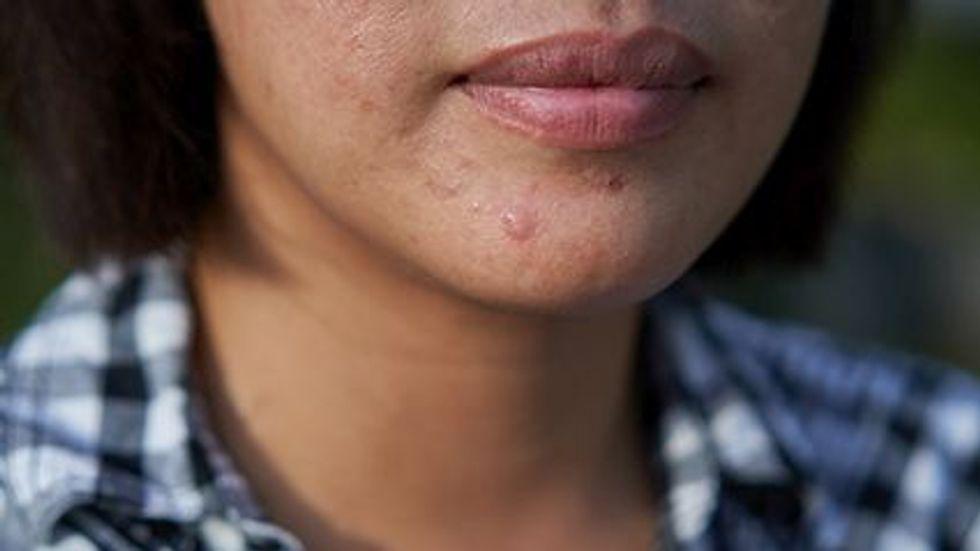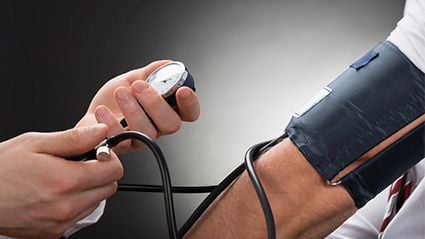
The Biden administration is flexing some federal muscle in its push for lower drug prices, warning pharmaceutical companies that it might use its authority to cancel patent protections if a medication costs too much. Federal law allows the government to grant patent licenses if taxpayer dollars were used in the development of inventions — including… read on > read on >






























